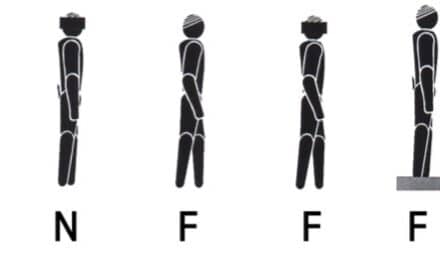by Martha Kerr
Last Updated: 2008-02-20 16:30:52 -0400 (Reuters Health)
NEW ORLEANS (Reuters Health) – Public health campaigns to increase stroke symptom awareness and to teach the public to seek immediate treatment for stroke appear to last only about 2 years.
Data released here today, on the first full day of sessions at the International Stroke Conference 2008, indicates that public awareness was high during the first 2 years of an Emergency Medical Services (EMS)-based intervention, but at the end of follow-up, awareness of stroke was actually slightly lower than before the intervention.
Dr. Todd J. Crocco of West Virginia University in Morgantown described the intervention to attendees of a session on improving stroke response times and outcomes.
His team conducted random phone calls to area residents beforehand to assess their knowledge of common stroke signs and symptoms and about the need to call 9-1-1 as soon as symptoms are evident.
Local EMS providers then conducted stroke information presentations and disseminated information packets at strategic community locations. The intervention was conducted in a rural Mid-Atlantic county with a population of about 84,000.
Phone calls were made twice during the 2-year study period to assess the retention of knowledge on stroke recognition and response. Three months after the final follow-up survey a fifth and last call was made. Overall, a total of 724 individuals were surveyed during the study.
At baseline, 85% of community residents could name at least one stroke symptom, but only 66% knew they should call 9-1-1 immediately. At the fourth call, during the second year of study, 90% could name a stroke symptom and 86% knew to activate EMS immediately.
However, when the fifth call was made, only 67% could name a stroke symptom and only 72% knew to call 9-1-1 immediately.
"Public awareness of stroke declined in the absence of EMS intervention," Dr. Crocco commented. "Maximum benefit comes from repeated, sustained dissemination of the message in the community over time."
"We hope these numbers will go up over time," panel chairman Dr. Ralph Sacco, of the University of Miami, Florida, and American Stroke Association Advisory Committee Chairman told Reuters Health. "The key to any campaign is repetition."
"Maybe we need to emphasize the role of tPA in stroke treatment, even though there are a lot of issues over whether tPA is the appropriate treatment," co-panelist Dr. Dawn Kleindorfer commented. "At last it gives people some hope" that stroke can be treated.
The panelists voiced agreement. "We need to get from awareness to action….Patients need to know that there is treatment," Dr. Crocco added.
Copyright Reuters 2008. Click for Restrictions



